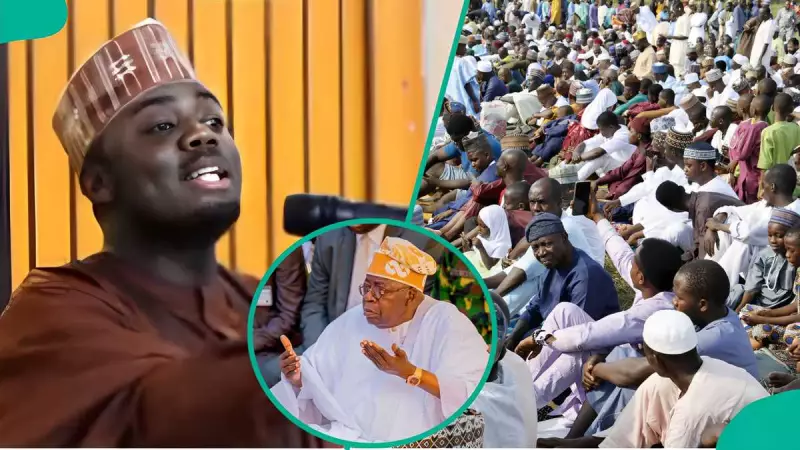
In a powerful address that has sent ripples through Nigeria's political landscape, renowned cleric Prophet Isa El-Buba has issued a stark spiritual warning to citizens and politicians alike regarding the upcoming 2027 general elections.
Divine Judgment Against Electoral Corruption
The prominent Christian leader declared that individuals who engage in vote selling during the forthcoming polls would face the wrath of God. His message came during a recent sermon where he addressed the growing concern about electoral malpractice in the country.
"Those who collect money from politicians to compromise their votes will not escape divine judgment," Prophet El-Buba emphatically stated. "God's anger will be upon anyone who trades their future for momentary financial gain."
A Call for Political Accountability
The cleric didn't spare political office holders from his spiritual indictment. He specifically warned that leaders who have failed to deliver on their campaign promises would face consequences in the 2027 elections.
"Nigerians are tired of empty promises and poor governance," he asserted. "The people are awakening to their power, and they will hold accountable those who have neglected their responsibilities."
Spiritual Solution to National Challenges
Prophet El-Buba positioned his warning within a broader context of Nigeria's developmental struggles. He emphasized that the nation's progress is being hindered by corrupt electoral practices that keep incompetent leaders in power.
The religious leader urged citizens to recognize their voting power as a sacred trust rather than a commodity for transaction. His message resonates particularly strongly in regions where vote buying has become commonplace during election cycles.
Growing Momentum Against Electoral Malpractice
This spiritual warning comes amid increasing public awareness campaigns against electoral fraud in Nigeria. Various civil society organizations have been working to educate voters about the long-term consequences of vote selling.
Prophet El-Buba's intervention adds a moral and spiritual dimension to this ongoing conversation, potentially influencing voter behavior in the heavily religious Nigerian society.
As the 2027 elections approach, such declarations from respected religious figures could significantly impact political strategies and citizen participation across the nation.





